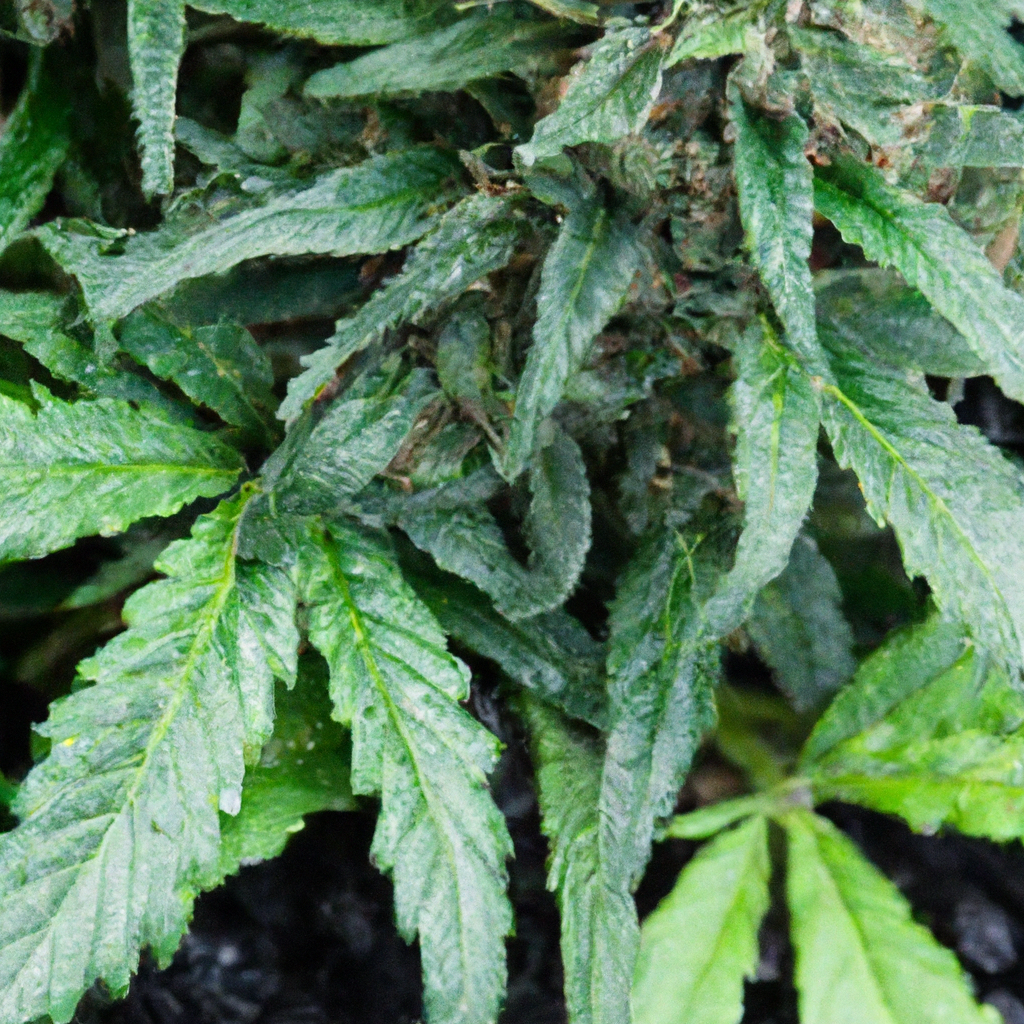Your cart is currently empty!
Embracing organic cannabis cultivation is a promising journey toward sustainable growing that both protects the environment and enhances product quality. This article delves into the best practices for cultivating cannabis organically, focusing on natural fertilizers, compost, and pest control. It also highlights the environmental benefits and the superior quality for consumers. Let’s explore these eco-friendly techniques that form the backbone of successful organic cannabis growing operations.
Building a Living Soil Ecosystem
A thriving soil ecosystem is the cornerstone of organic growth. Unlike synthetic approaches, organic cultivation relies on maintaining healthy soil teeming with life. The first step is to enrich the soil with organic compost. Composting transforms garden waste, kitchen scraps, and manure into nutrient-rich amendments. This process not only enhances soil fertility but also improves its structure and moisture retention capacity.
Beyond compost, incorporate BeneficialMicrobes and Fungi to boost soil health. These microorganisms help decompose organic matter, making nutrients more accessible to plants, enhancing root health and plant resilience.
Natural Fertilizers Over Synthetic Chemicals
Nurturing cannabis with natural fertilizers is key to organic cultivation. Fertilizers such as worm castings, bat guano, and fish emulsion provide essential nutrients without the risks associated with synthetic options. These natural solutions slowly release nutrients, promoting steady plant growth over time.
Implementing Companion Planting techniques also aids in nutrient balance. Plants like alfalfa and clover can fix nitrogen in the soil, benefiting cannabis indirectly while fostering biodiversity in your garden.
Eco-Friendly Pest Management
Organic pest control focuses on prevention and utilizing natural predators rather than harmful chemicals. Integrated Pest Management (IPM) strategies like introducing BeneficialInsects such as ladybugs and predatory mites can naturally reduce harmful pest populations.
Additionally, using natural repellents like neem oil or garlic spray can protect plants from common pests without compromising the ecosystem. Recognizing early signs of pest problems and responding promptly with organic solutions is critical for maintaining plant health.
The Environmental and Consumer Benefits
Growing cannabis organically is not only beneficial for the environment but also for consumers. Organic methods help sequester carbon, reduce soil and water pollution, and enhance biodiversity. The absence of synthetic chemicals means a cleaner product, free from harmful residues, which is particularly important for medicinal cannabis users seeking pure remedies.
Furthermore, organic cannabis often offers superior flavor and aroma due to enhanced terpene profiles, providing a richer and more enjoyable experience for consumers.
Conclusion: Embrace the Organic Path
Embracing organic cannabis cultivation is a commitment to healthier soil, safer pest management, and superior product quality. By leveraging the power of natural processes and materials, growers can achieve sustainable success that respects and preserves our environment while offering consumers a cleaner, richer product. Let nature be your guide as you cultivate high-quality cannabis the green way.
Discover more from Magic Clones
Subscribe to get the latest posts sent to your email.


Leave a Reply